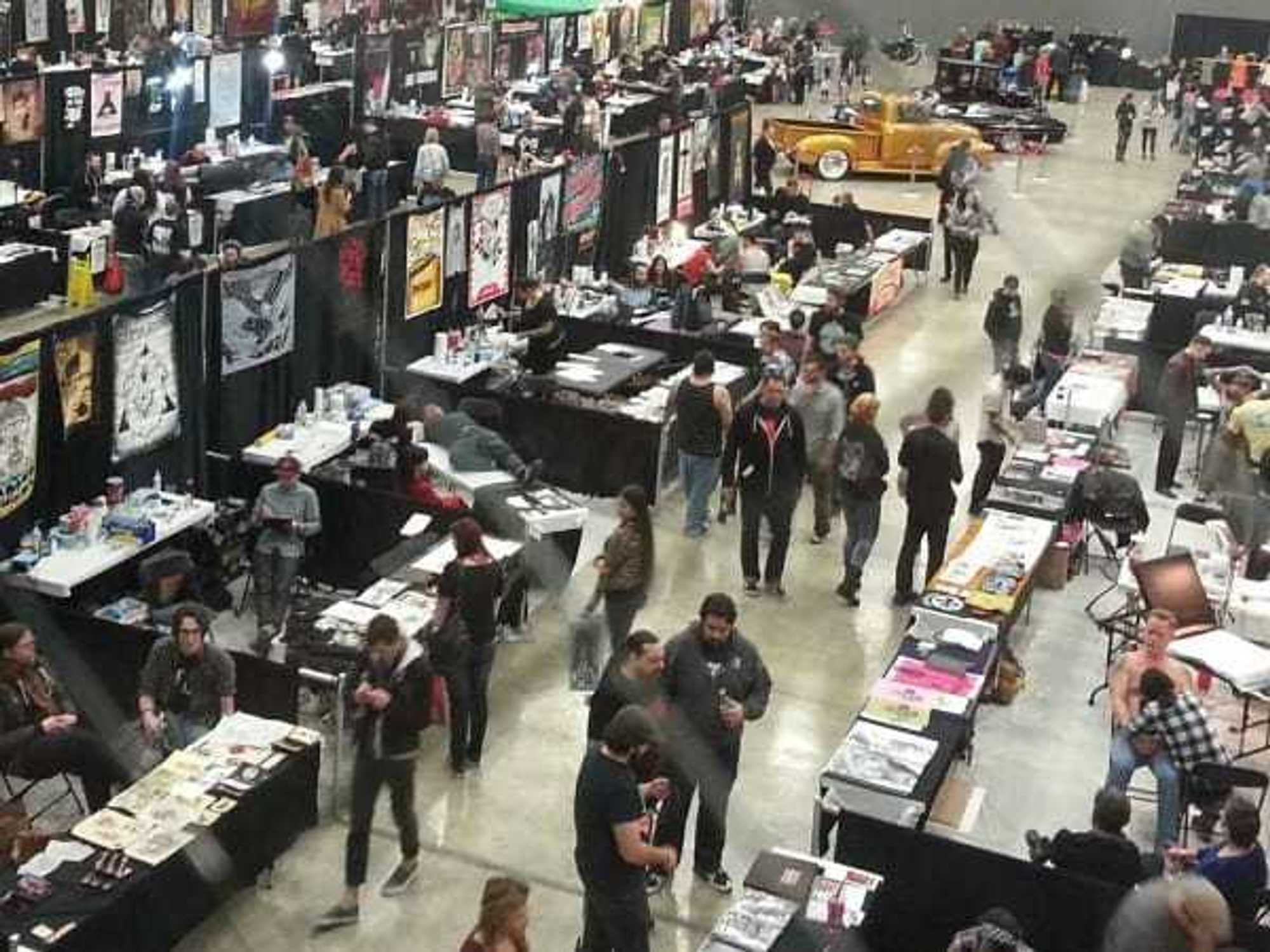don't make it weird
Pete Holmes' advice to would-be comedy podcasters: Maintain mutual exclusivityuntil necessary
With the release of the 2012 SXSW comedy lineup, and the recent introduction of the Moontower Comedy festival, Austin has jokes on the brain. It’s an exciting time to be a comedian in this town, but somehow a lot of comics got the impression that they're only really relevant if they have a podcast.
Podcasts are becoming to comics what half-shaved heads and jeggings are to hipsters: An unnecessary necessity that, when poorly executed, makes you look like a douchebag (even if you feel like Radio Raheem).
The fan-performer connectivity that podcasting provides is a beautiful inventions for comics, who are by trade supposed to appear reachable and relatable. We will listen to a stranger tell us stories because we see a little of ourselves in them. Sure, they’re a little weirder, a little quirkier, a little more messed up, but that just feeds on the intrinsic voyeurism of the audience. Podcasts may be the Lazarus of progressive audio programming, but who wants to listen if it’s just going to sound like a coffee shop open mic on some idle weekday?
Comics have been given a tool, but for godsakes learn how and why to use it before you go blasting away.
Pete Holmes is a comic and host of the podcast You Made It Weird, which falls under the Nerdist umbrella (or, the MTV network of audio programming). Holmes was recently in Austin for his stand-up tour, and is an excellent example of a new podcasting comic that knows how to do what he’s doing, and why he’s doing it. So, before you start editing together your next episode where you read your (non)audience haikus that you wrote from the toilet, take some advice from a professional:
Tip #1: Randomly released episodes does not a podcast make.
“It’s like a dating relationship with you and your fans, you have to give them content and attention just like a relationship, consistently. So a podcast is really good because it’s like I went from a comedian that would show up occasionally in their lives randomly, just like a drifter…but with a podcast it’s like I’m going to show up and if you show up we can get together on something. There an intimacy to that.”
Tip #2: It doesn’t have to be funny, but they do have to like you.
“If you looked at a pie chart of my show, it would be 30% funny and hopefully 70% would be interesting. A little crust of hilarity on it. But it really is intimate. They hear you at work, they hear you at the gym, they hear you on a commute, and then they really do get to know you. When people say, 'Oh I love your podcast,' I’m like, 'Oh, we’re friends now.' If I can do a show for people who are fans of the podcast, I can say anything. If they know you from the podcast, and I know this is cheesy, know your heart, know who you are, you can go up there an say, 'I’m going to murder everyone’s mother,' and they would be like, 'This is great! It’s Pete! We’re so happy to see him!' Because they know you’re joking.”
Tip #3: Do NOT have a podcast because you think you need a podcast.
“You want to do a podcast when it’s right to do a podcast. So if I’m talking to younger, newer comedians and it’s like 'Do I need a podcast?' — definitely not. In fact it might hurt you to put too much of yourself out there before you really know how to be funny on a mic for 90 minutes. Because that takes a long time to kind of grow and learn how to do that."
Tip #4: Speak in metaphors, and bake a f*cking cookie. AKA – Why he gets it.
“If you think about my comedy like a cookie tray, and we put this glob of cookie dough on a pan and that’s my stand up. And then we put this other glob of cookie dough and that’s my podcast… My stand up is a little bit more of a persona, a little bit more of a presentation, so it’s not artificial but I’m showing a certain side, I’m hiding other sides. But a podcast, it’s everything. And I think the oven is like the trajectory of my career and the hotter the oven gets the more these two cookies start merging towards each other… I want to get to a place where the comedy and what I really feel and what I’m really saying are one fucking big cookie. That feels a little bit closer to art to me. It’s this wonderful experiment of coming of age of learning what it feels like to be really honest. I’m coming of age by committing, so it’s really exciting and it feels like a life experiment, it feels like performance art but it’s my life and it’s really exciting and I’m interested to see where it goes. Little asterisk. End of article.”
